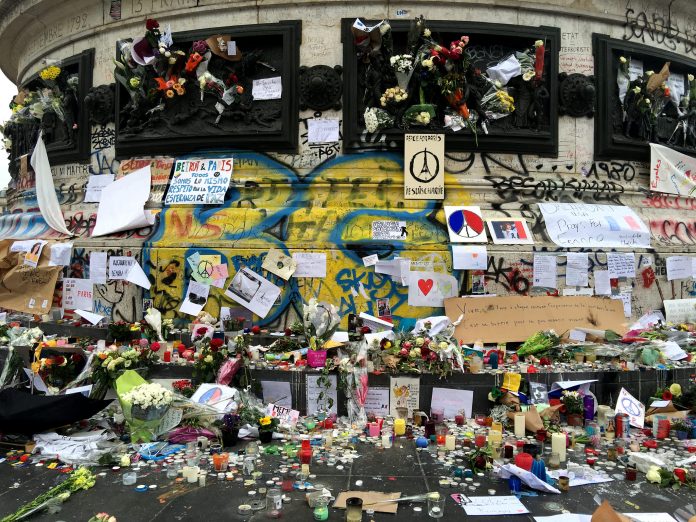Europol should become a true “hub” for information exchange and cooperation in the field of counter-terrorism at EU level, if necessary with a stronger mandate.
The special committee on terrorism adopted on Tuesday evening its final report, which includes a wide set of measures that the EU should take as quickly as possible to improve its response to the terrorist threat.
The draft report, approved with 23 votes to 2 with 5 abstentions and drafted by Monika Hohlmeier (EPP, DE) and Helga Stevens (ECR, BE), maps the existing gaps in counter-terrorism activities at EU level and puts forward a set of proposals to overcome these deficiencies and to strengthen cooperation between member states.
It puts forward new measures to:
prevent radicalisation;
prevent terrorist financing;
reinforce judicial cooperation among member states;
exchange information and protect external borders;
address the issue of the rights of the victims of terrorism and how they can be supported.
The committee calls on the next President of the European Commission to maintain a self-standing portfolio for the Commissioner for “Security Union” and urges member states to swiftly share information if there is a change to the threat level and the rationale behind it.
In recent years, the EU has faced an unprecedented wave of terrorist attacks, which catapulted the issue of security to the forefront of citizens’ concerns and highlighted the problems with cooperation and sharing of information in this field.
Established last year, the Special Committee on Terrorism (TERR) was tasked to examine, analyse and assess, based on facts provided by law enforcement authorities of the member states, competent EU agencies and recognised experts, the extent of the terrorist threat on European soil. This activity included a thorough assessment of the existing forces on the ground to enable the European Union and its member states to step up their capacity to prevent, investigate and prosecute terrorist crimes.
The mandate of the Special Committee on Terrorism, which began in September 2017, concluded on Tuesday night. The text will be submitted to the European Parliament’s Plenary for definitive adoption in December.
The final report will be available in the next few days.

